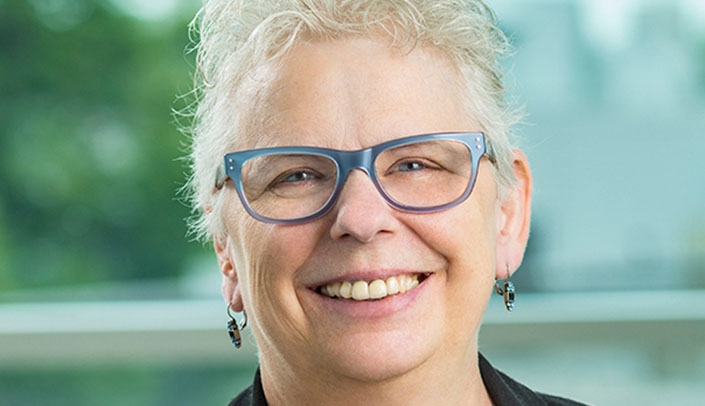The UNMC Department of Psychiatry will be offering stress-management training groups starting on Feb. 3.
The training is eight weeks long, and participants are asked to commit to attending all weekly sessions. There will be two training groups:
- 8 to 10 a.m. Mondays; and
- 5 to 7 p.m. Wednesday.
The evening sessions are specifically directed toward clinical staff on inpatient units, but anyone can join until the class fills.
SMART (Stress Management and Resistance Training) was developed by the Benson Henry Institute at Harvard. The eight-week course is designed to teach the participants skills to enhance wellness, which includes such basics as meditation techniques and mindfulness. It also explores the importance of gratitude, humor, creativity, optimism, exercise and healthy eating in reducing physical and emotional stress.
The course uses cognitive-behavioral strategies to identify dysfunctional patterns of thinking and responding and teaches ways to contract and change these patterns to more positive and beneficial ones.
Each session is approximately two hours long and led by one or two trained facilitators. Groups vary between 10 and 20 participants. Sessions consist of education from the facilitators on new skills to reduce the impact of stress, as well as reinforcing information given at prior meetings.
One of the most powerful aspects of the group session is learning from one’s peers and forming trusting relationships with others dealing with similar life events and stressors.
In addition to the eight group sessions, facilitators will give homework assignments that allow participants the chance to practice the skills learned in the group sessions. Participating at home is necessary to derive the maximum benefit from the course, including better adaptation to the inevitable stresses of life, more peace and often better physical health, as well.
Participants typically report reductions in their stress levels, less anxiety, better sleep and better overall quality of life.
In addition, by practicing the skills and sharing them with others, participants can improve the lives of family, friends and patients.
To participate, email Rebecca Wysoske and request the Monday or Wednesday session.
